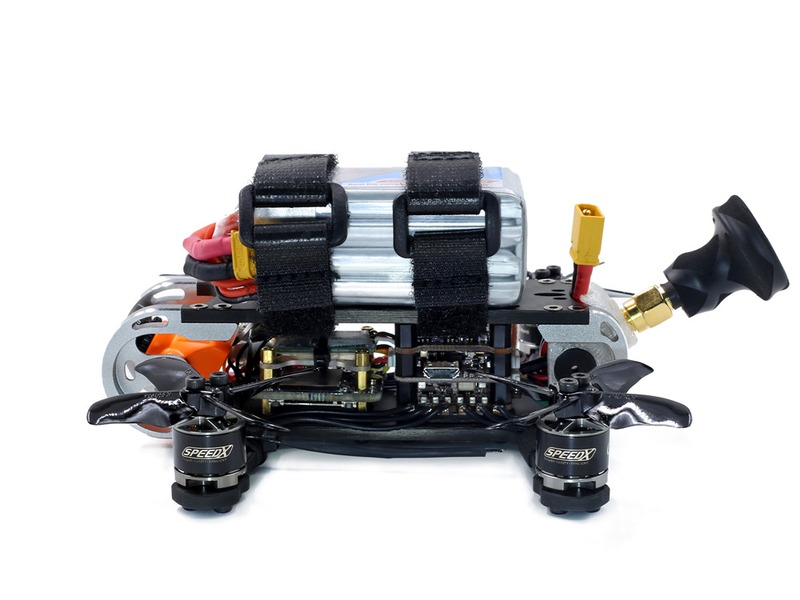How long does it take to learn FPV?

Learning how to fly a First Person View (FPV) drone can be an incredibly enjoyable and rewarding experience, but it can also be a bit daunting for newcomers. It essentially involves two main skills: flying a drone in the traditional way, and learning how to fly a drone in the FPV. Depending on the person and the level of involvement, learning how to fly an FPV drone can take anywhere from a few weeks to several months.
The first step to learning FPV is to get comfortable with drone flight in general. This means familiarizing yourself with the drone, understanding its controls, and perfecting basic movements such as hovering, banking turns, and flying in a figure 8 pattern. This process can take anywhere from a few days to a week, depending on how quickly you can pick up the basics.
Once you’ve familiarized yourself with the drone and can confidently and accurately maneuver it, it’s time to start flying in the FPV. This involves donning a headset and utilizing the drone’s camera to see the environment from the drone’s perspective. It can take several hours to get accustomed to the feeling of being in the FPV, and several more to learn how to control the drone accurately.
The next step is to learn how to fly more complicated maneuvers and increase your speed in the FPV. This involves mastering the ability to judge distances, predict the drone’s trajectory, and remain focused while in the FPV. Depending on the person, this process can take anywhere from a few days to a few weeks.
When you’ve mastered flying in the FPV, you can start to get more involved in the flying community. This can involve participating in various competitions to showcase your skills or joining events where fellow FPV drone enthusiasts will share tips and insights. This process of learning and gaining experience can take anywhere from a few weeks to several months.
In conclusion, learning how to fly a drone in the FPV can take anywhere from a few weeks to several months, depending on the individual and their level of involvement. The process begins by gaining experience in the traditional way of flying, followed by becoming accustomed to the FPV, and then mastering more complex maneuvers. The final stage is to become a part of the FPV drone community and gain more experience.
Comments / Question
2. You may find it difficult to understand the basic concepts of FPV racing, such as frame rates, antenna types, and camera settings.
3. It can be difficult to find parts that are compatible with each other, as not all parts are designed to work together.
4. You may find it difficult to get the right balance of power, weight and speed when building a drone.
5. You may have difficulty understanding the rules and regulations of FPV racing, as well as what safety measures to take when flying in public areas.
6. You may find it difficult to build a good antenna setup for optimal signal quality.
7. You may find it difficult to maintain the drone and keep it in good condition.
8. You may find it difficult to troubleshoot any problems that arise.
2. Online Forums: There are several online forums dedicated to FPV where you can get advice from experienced pilots.
3. Books: There are several books available on the subject of FPV.
4. Local Clubs: Many cities have local FPV clubs where you can meet other pilots and get hands-on experience.
5. Online Courses: There are several online courses available that can help you learn the basics of FPV.
2. Camera Skills: You need to develop your camera skills to be able to capture the best footage possible. This includes learning how to adjust the camera settings, how to frame shots, and how to use the camera to capture the best angles.
3. Video Editing Skills: You need to develop your video editing skills to be able to create the best videos possible. This includes learning how to use video editing software, how to add effects, and how to create a professional-looking video.
4. Radio Control Skills: You need to develop your radio control skills to be able to control your drone accurately. This includes learning how to adjust the radio settings, how to use the transmitter, and how to troubleshoot any issues with the radio.
5. Safety Skills: You need to develop your safety skills to be able to fly your drone safely. This includes learning how to identify potential hazards, how to avoid them, and how to respond to any emergency situations.

